Patrick Pawletko - Never the Same River
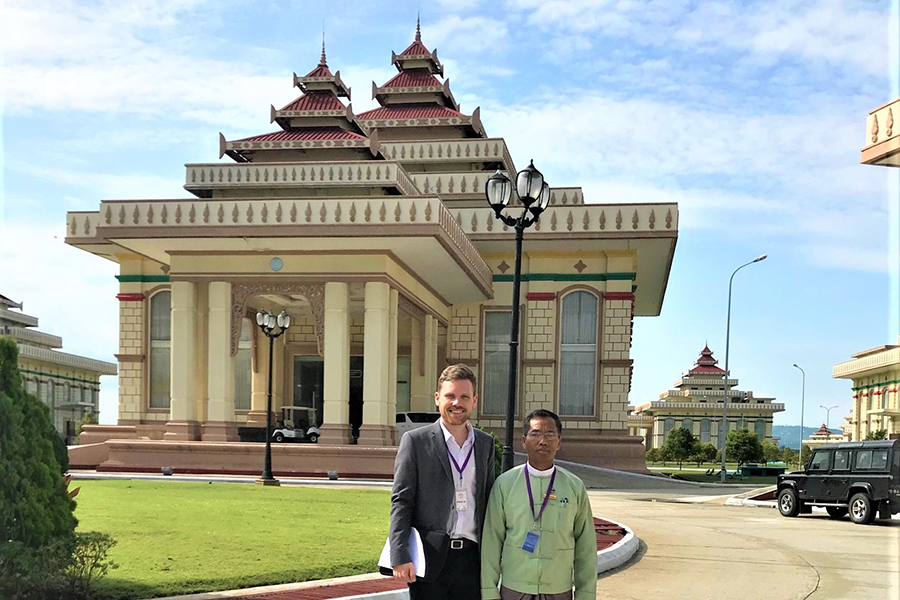
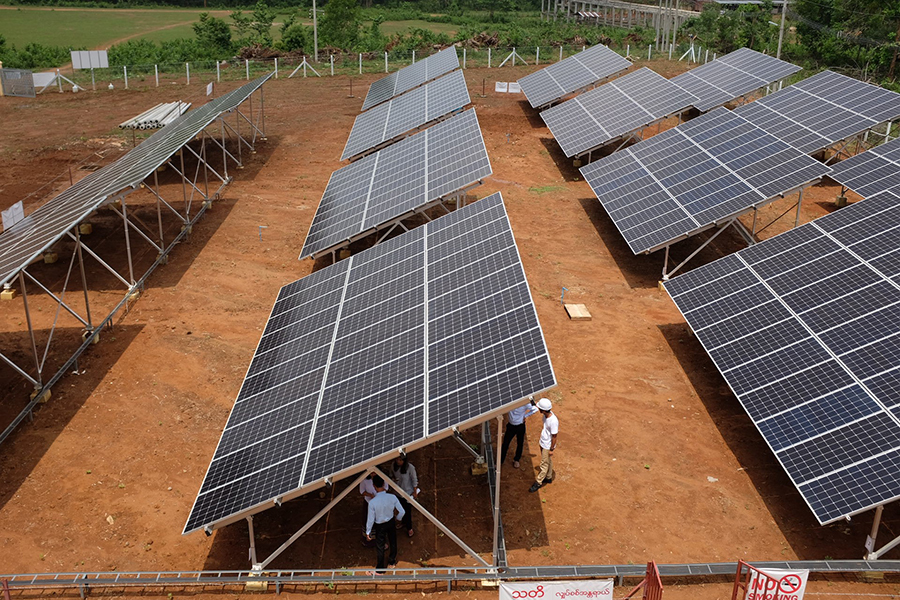
“No person ever steps in the same river twice, for it is not the same river and they are not the same person.” This adage, or something to this effect, is believed to have been said by Heraclitus around 2,500 years ago. I was reminded of the sentiment when I visited Purdue’s Global Engineering Programs and Partnerships (GEPP) office last year – a time which frankly seems otherworldly given our present circumstances. I had been invited to participate in a panel discussion during the 5th Annual Innovation for International Development (I2D) Exposition and I was amazed at how much has changed over the years. Since I left Purdue, GEPP has moved out of its humble office space in Hampton Hall and into a beautiful new 4th floor headquarters across the street in Wang; it has been selected to lead a $70 million international development research consortium; it has founded the ground breaking Shah Family Global Innovation Lab; and it has continued to forge new, exciting partnerships with stakeholders around the world. Being once again surrounded by so many talented, motivated and positive people, I felt compelled me reflect on my own journey and what has enabled me to fulfill my dream of forging a career in international development.

I was fortunate to stumble upon GEPP (then known as the Global Engineering Program) relatively early in my student life. In 2010, I attended a callout for the so-called Global Design Teams (GDTs), which were service-learning projects that leveraged a mix of undergraduate and graduate expertise to develop engineering solutions for pressing global challenges. Among the diverse options, I was most interested in a small-scale renewable energy project which had recently been kicked-off in Cameroon, in partnership with the African Centre for Renewable Energy and Sustainable Technology (ACREST). Over the next four years, I became increasingly involved in this project and, through national and on-campus grants, I was fortunate enough to travel with the team to our stakeholder communities every summer between 2011 and 2014. Under the leadership of Professors Klein Ileleji and John Lumkes, we managed to implement two micro-hydropower turbines with ACREST.
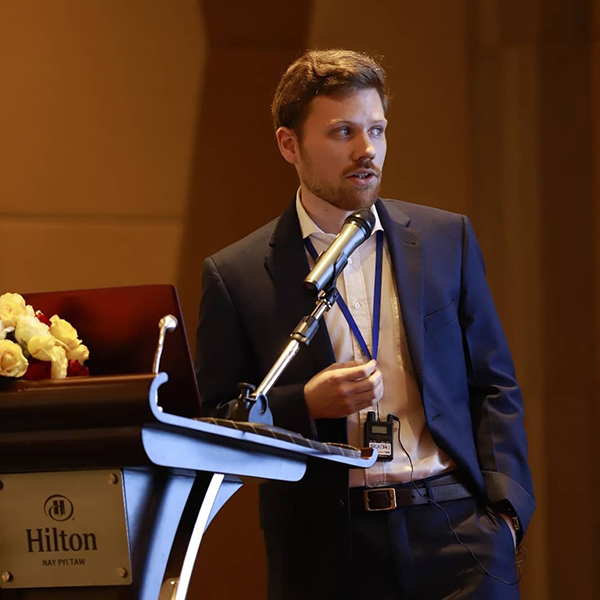
But this experience was not without its hurdles. I remember in 2012 feeling shocked and saddened to learn that our first prototype – a 50-kilowatt crossflow turbine – had suffered a catastrophic failure less than three months after commissioning. This prompted a year-long reflection and redesign process which taught me the value not only of textbook engineering know-how, but also respect for the local knowledge inherent in every communities. During this period, I found inspiration in the lectures of Professor Riall Nolan, a leading proponent in the field of “development anthropology”, and Professor Elena Benedicto, a linguist and indigenous rights advocate. I was also very much interested in the teachings of Professor Myrdene Anderson, whose work in semiotics continues to inform my appreciation for the way in which language and culture informs our perceptions of reality. Together, these mentors instilled in me and many other students an understanding of the limits of our technical knowledge and an appreciation for the critical role that social scientists must play in international development.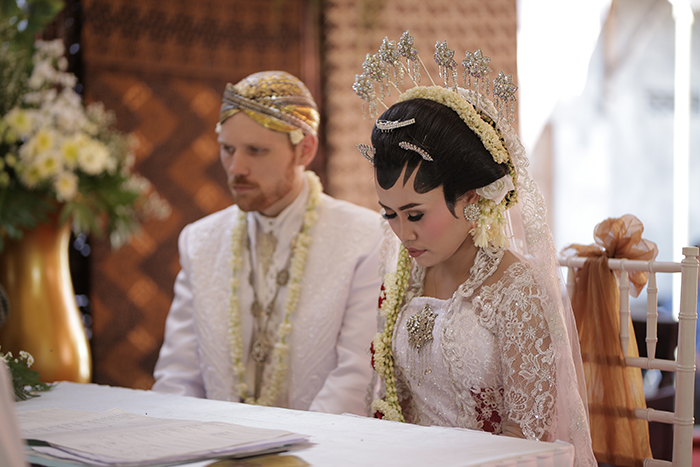
Having found a “calling” of sorts in GDTs, I was keen to help spread the word to my peers and to advocate for a more globally minded student population. I joined GEPP in 2011 and worked with the office in various roles over the next three years, first as a student ambassador, then as an office assistant, and finally as an undergraduate TA for the Global Engineering Learning Community. The office was also active in promoting international exchange events on campus, which gave students and faculty an opportunity to bridge both disciplinary and cultural differences.
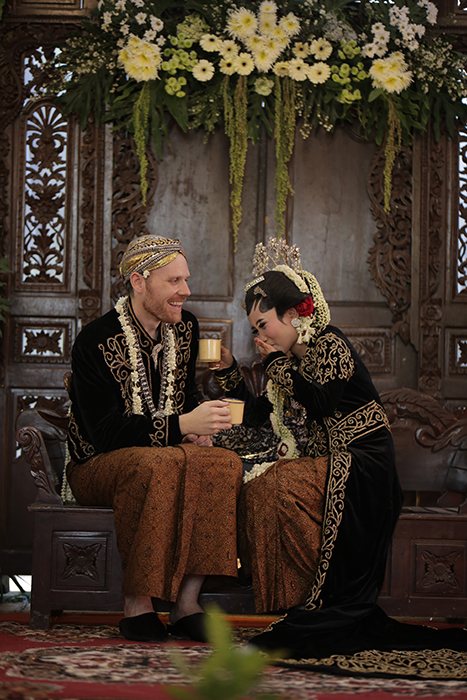
By the time I graduated from Purdue in 2014 (BSCE), I found myself at a bit of a crossroads: I could either leverage my international experiences to apply for a job in the engineering industry at home, or try to carve out a career path for myself abroad. After a brief consultation with fellow GEPP alumnus Anne Dare, I went with the latter.
In the year that followed, I tried to bolster my CV as much as possible by volunteering with various non-governmental organizations in Southeast Asia before eventually settling down in Myanmar. I was hired by the German development organization Deutsche Gesellschaft für Internationale Zusammenarbeit (GIZ) GmbH in 2016 under the project “Promotion of Rural Electrification”, which supports the Government of Myanmar, the World Bank, and private companies in implementing a $100 million off-grid electrification strategy to reach the most remote parts of the country. In normal times, I work at a small branch office within the Department of Rural Development in the capital city of Nay Pyi Taw, but recently the COVID-19 pandemic has put an abrupt pause to that.
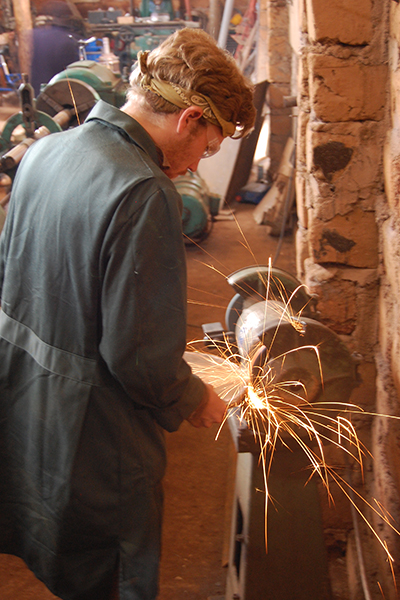
By the time the first case numbers were reported in Myanmar in mid-March 2020, the gears had already been set in motion for a near-total lockdown of all major cities in the country. By March 20th, outbound flights were rapidly disappearing and GIZ made the decision to relocate all of its international staff to their home countries until the situation had stabilized. On March 28th, the Government of Myanmar made an announcement that all commercial flights into and out of the country are banned until further notice, a condition which is still in effect at the time of writing. In the months that followed, Myanmar was largely able to contain the virus, with a total of fewer than 500 cases being reported between March and August 2020. After a five-month stint in the US, my partner and I arrived in Myanmar again a few weeks ago, only to be met with rapidly rising case numbers and fresh lockdowns once again.
We are now all experiencing an unprecedented moment in human history, but, as long as we are well-equipped with compassion, empathy, and respect for one another on a global scale, we will emerge from this situation much stronger than how we came in. These are values which were instilled in me during my time at Purdue and which GEPP continues to impart on every student who walks through their doors. I have no doubt that we will be ready for a post-COVID future.
Best wishes from Yangon, Myanmar. Boiler up and stay safe!
